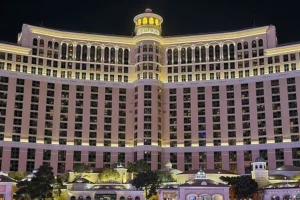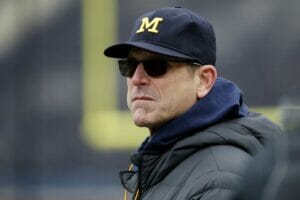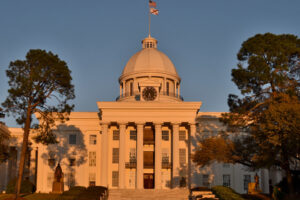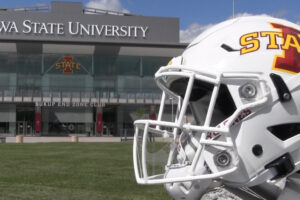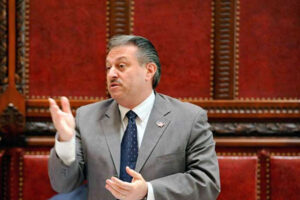Utah Lawmaker Wants Lottery in Gambling Holdout State
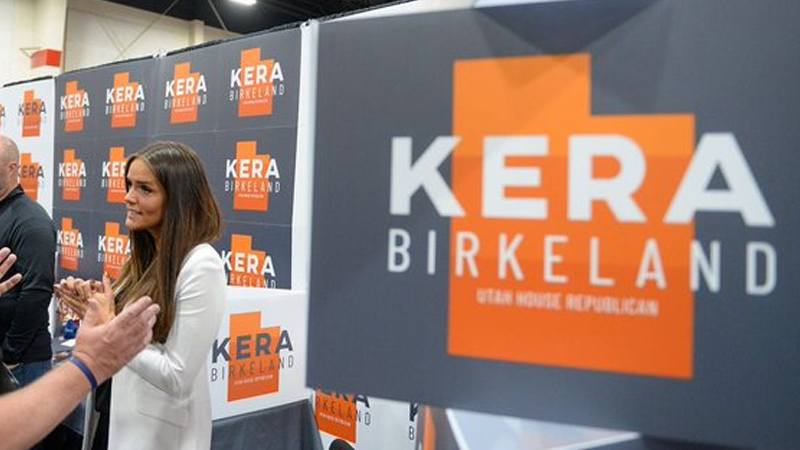
Utah is currently one of just two U.S. states that have no forms of legal gambling, alongside Hawaii. But one lawmaker in the traditionally Mormon-dominated Utah wants to change that, aiming to introduce a state-run Utah lottery in 2024.
Led by Representative Kera Birkeland (R-4), the initiative seeks to use the lottery income to provide financial relief to seniors grappling with rising property taxes.
However, the proposal is set against a backdrop of strong opposition and a longstanding, comprehensive ban on all forms of gambling.
The state is heavily influenced by the social and financial clout of the Church of Jesus Christ of Latter Day Saints, which is based in Salt Lake City. It has nearly 17 million members worldwide, and more than 2 million members in the state of Utah.
A Proposal for Change
Rep. Birkeland’s proposal is a reaction to Utah’s unique position as one of only a handful of states without a lottery system.
This absence is largely attributed to the influence of the dominant faith in the state, The Church of Jesus Christ of Latter-day Saints.
Birkeland’s proposal aims to redirect the estimated $200 million a year that is spent by Utah residents across state lines on the lottery in Wyoming, Arizona, and Idaho.
This money, she argues, could significantly alleviate the financial strain on some Utah seniors who are facing soaring property taxes. The proposal involves a constitutional amendment requiring two-thirds support from lawmakers in both chambers and a majority vote in the general election.
Birkeland’s initiative isn’t primarily about Utahans’ freedom to gamble, but comes from economic considerations. If many residents are already heading out of state to buy lottery tickets, Birkeland argues, why should Utah itself not make some of that money back?
“I’ve ran a number of bills that try to cap property taxes and try to reduce government spending, and none of them ever go anywhere,” Birkeland said, speaking to local news outlet KSL TV 5.
“And so, for my colleagues, for individuals who are opposed to the lottery, where the revenue would reduce property taxes, I’d say, ‘Then what?’
Voices of Opposition and Debate
Despite the potential benefits touted by Birkeland, the proposal has met with significant resistance, including from Governor Spencer Cox. He has expressed his opposition, emphasizing the ethical concerns associated with lotteries.
“I’ve said many times that I think lotteries and gambling in general are taxes on people who are bad at math, and they do more harm than good,” Cox said, speaking last week.
This is particularly concerning in Utah, where the majority of lottery ticket purchasers are from lower-income brackets, potentially exacerbating socioeconomic disparities.
Critics also highlight that the revenue generated from state lotteries is often accused of being overestimated, and may not significantly dent the state’s property tax revenue.
Lawmakers have in recent years rejected proposals for a Utah sports betting market, and a horse race betting proposal.
However, Birkeland says she’s up for a challenge in getting a Utah lottery discussed and potentially passed.
“I think that’s a really important conversation to have on Capitol Hill as we go into this session, because that is really the No. 1 concern of my constituents. And if we need to have the conversation around a lottery to elevate that and actually address the issue, then so be it,” she said.
Across the U.S., lawmakers have, in recent years, turned to gambling taxes to fund state shortfalls in other areas. In New York, a pair of influential lawmakers have suggested legalizing New York online casinos could help deal with the state’s huge budget deficit.
However, in Utah, the state has a budget surplus of $1.29 billion going into 2024 – so the economic argument might hold less sway.





